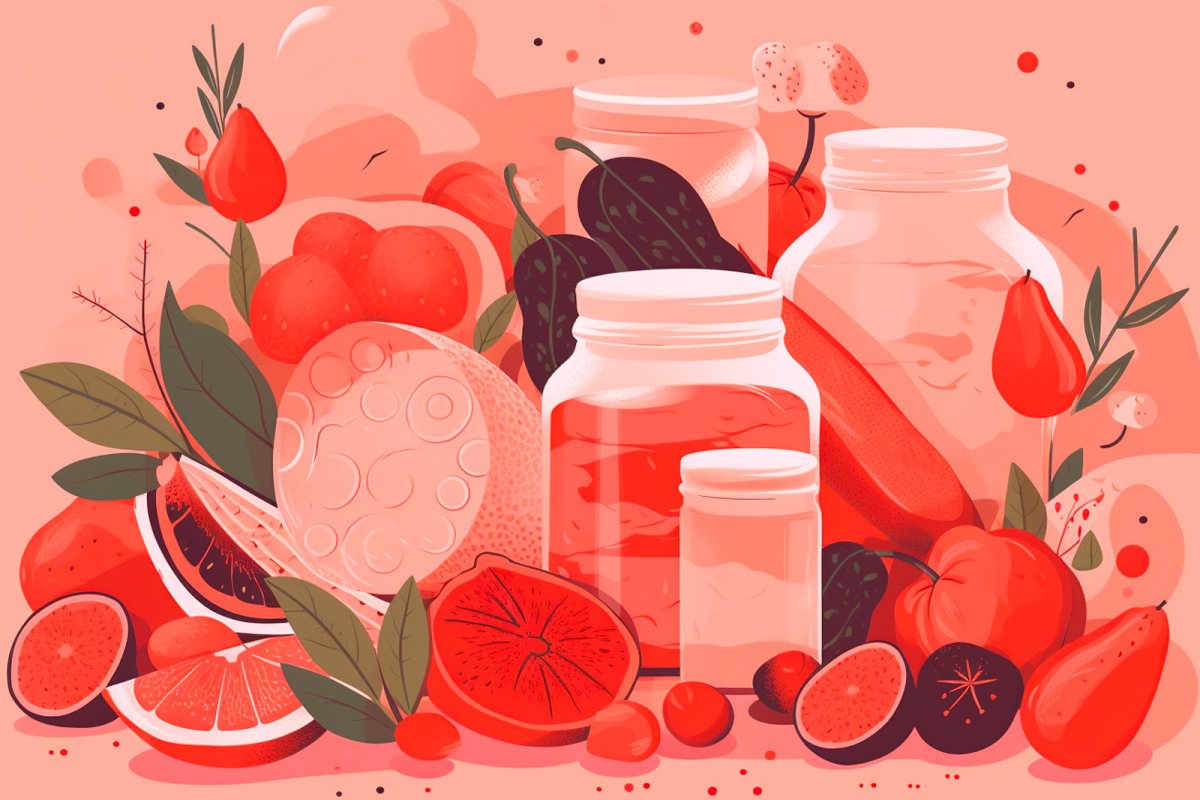

Get to Know Your Nutrients: Vitamin B1 Thiamine
Published:
Updated:
Key Takeaways
- Vitamin B1 is an essential vitamin that plays an important role in our metabolism, mainly by converting food into energy for the cells and keeping a healthy nerve and muscle system.
- There are different kinds of vitamin B, like riboflavin (B2) and niacin (B3), which help with nerve and muscle health in general. Others like B6 and B12 can help you support with stress management.
- Some plant-based foods that are rich in vitamin B1 include legumes, seeds, nuts, and whole grains.
- Animal foods rich in thiamine include pork, fish like trout or salmon, poultry like turkey and chicken, and eggs.
- One of the best ways to help you introduce thiamine into your diet is through drinks with dedicated adaptogenic mushrooms and vitamins and minerals like TUNE IN.
What is Vitamin B1 (Thiamine)?
Different Kinds of Vitamin B
Health Benefits of Vitamin B1
Plant-Based Foods Rich in Vitamin B1
Animal Foods Rich in Vitamin B1
Signs of a B1 Deficiency
Symptoms of a B1 Deficiency
Possible Risk Factors for B1 Deficiency
What Depletes B1 in Your Body?
Is it OK to Take Vitamin B1 Daily?
What is the Best Form of Vitamin B1 to Take?
Easiest Ways to Add B1 to Your Daily Routine
TUNE IN
Final Thoughts
Vitamin B1: FAQs
What Does B1 Vitamin Help With?
Who Should Not Take Vitamin B1?
Does B1 Help With Anxiety?
VYU Blog Disclaimer
The information provided on the VYU blog is intended solely for informational and entertainment purposes. It should not be used as a substitute for professional medical advice, diagnosis, or treatment.
Always seek the advice of your physician or other qualified health provider with any questions you may have regarding a medical condition or treatment and before undertaking a new healthcare regimen. Never disregard professional medical advice or delay in seeking it because of something you have read on this website.
For more information, check out our FAQs and contact page.
Blog posts
-

Host Defense vs. Om Mushrooms vs. VYU
Compare Host Defense, Om Mushrooms, and VYU for your health journey. Find out which offers the best blend of taste and benefits. Elevate your wellness today! -

Genius Mushrooms vs. Om Mushroom vs. VYU
Learn why VYU is the superior choice for functional beverages, offering exceptional taste and health benefits to boost your mental performance -

Om Mushrooms vs. Four Sigmatic vs. VYU
Compare Om Mushrooms, Four Sigmatic, and VYU for your health journey. Choose the ideal beverage to boost your wellness today!
Sign up to our productivity newsletter
and get 10% off your first order.



